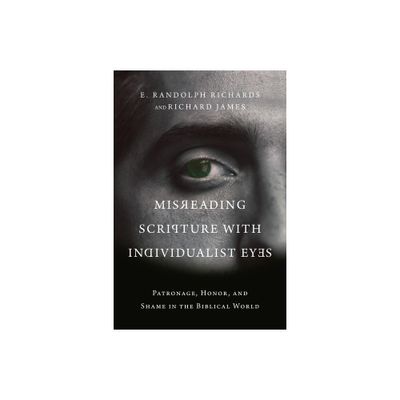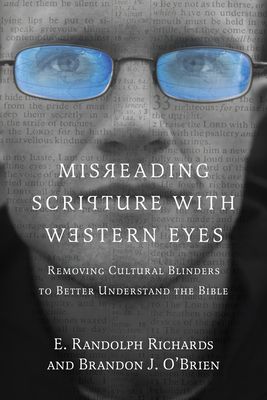Home
Anarchaeologies: Reading as Misreading
Loading Inventory...
Barnes and Noble
Anarchaeologies: Reading as Misreading
Current price: $95.00


Barnes and Noble
Anarchaeologies: Reading as Misreading
Current price: $95.00
Loading Inventory...
Size: Hardcover
*Product Information may vary - to confirm product availability, pricing, and additional information please contact Barnes and Noble
How do we read after the so-called death of literature? If we are to attend to the proclamations that the representational apparatuses of literature and politics are dead, what aesthetic, ethical, and political possibilities remain for us today? Our critical moment, Graff Zivin argues, demands
anarchaeological reading
: reading for the blind spots, errors, points of opacity or untranslatability in works of philosophy and art.
Rather than applying concepts from philosophy in order to understand or elucidate cultural works, the book exposes works of philosophy, literary theory, narrative, poetry, film, and performance art and activism to one another. Working specifically with art, film, and literature from Argentina (Jorge Luis Borges, Juán José Saer, Ricardo Piglia, César Aira, Albertina Carri, the
Internacional Errorista
), Graff Zivin allows such thinkers as Levinas, Derrida, Badiou, and Rancière to be inflected by Latin American cultural production. Through these acts of interdiscursive and interdisciplinary (or indisciplinary) exposure, such ethical and political concepts as identification and recognition, decision and event, sovereignty and will, are read as constitutively impossible, erroneous. Rather than weakening either ethics or politics, however, the anarchaeological reading these works stage and demand opens up and radicalizes the possibility of justice.
anarchaeological reading
: reading for the blind spots, errors, points of opacity or untranslatability in works of philosophy and art.
Rather than applying concepts from philosophy in order to understand or elucidate cultural works, the book exposes works of philosophy, literary theory, narrative, poetry, film, and performance art and activism to one another. Working specifically with art, film, and literature from Argentina (Jorge Luis Borges, Juán José Saer, Ricardo Piglia, César Aira, Albertina Carri, the
Internacional Errorista
), Graff Zivin allows such thinkers as Levinas, Derrida, Badiou, and Rancière to be inflected by Latin American cultural production. Through these acts of interdiscursive and interdisciplinary (or indisciplinary) exposure, such ethical and political concepts as identification and recognition, decision and event, sovereignty and will, are read as constitutively impossible, erroneous. Rather than weakening either ethics or politics, however, the anarchaeological reading these works stage and demand opens up and radicalizes the possibility of justice.


















